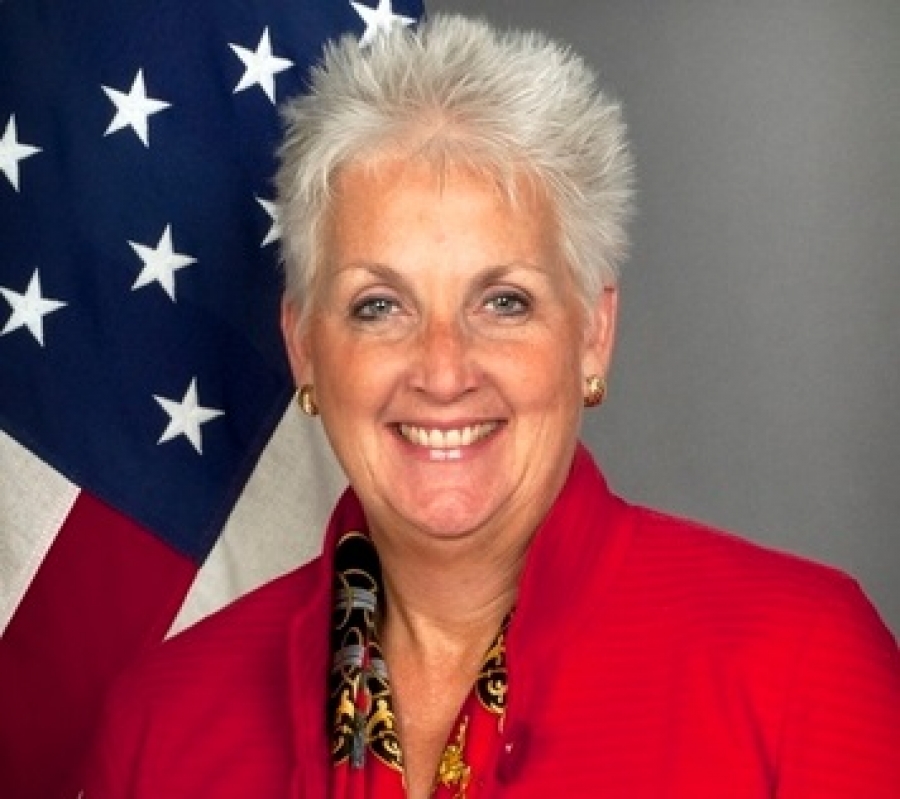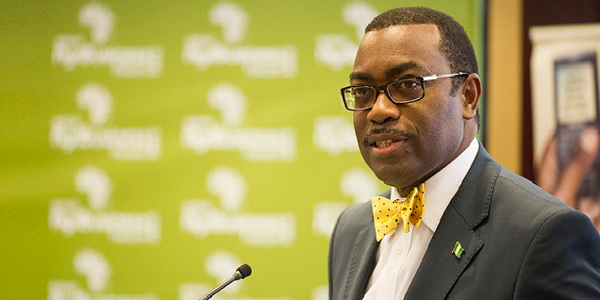The African Development Bank Transport Forum (ATF) 2015 ended recently with the AfDB reiterating its support for transport development to ensure economic growth on the continent.
Speaking at the closing ceremony attended by several African Transport Ministers, Solomon Asamoah, the Bank’s Vice-President for Infrastructure, Private Sector and Regional Integration, emphasized that Africa’s transport challenges needed to be addressed urgently for the continent to become competitive.
“The Bank is determined to work with [African] countries and it is re-emphasizing its priorities to ensure that transport plays a catalytic role to promote Africa’s participation in agribusiness and global manufacturing value chains, facilitate regional integration and provide opportunities for social inclusiveness,” said Asamoah.
He underlined the need for an integrated approach to the development of transport infrastructure systems within countries. This was supported by Angela Cassell-Bush, Liberia’s Minister of Transport, who called for an African Master Plan to help build a road network connecting Africa. “We need to review our various regulatory frameworks and come up with one for the whole continent. It will help to facilitate movement of people and boost trade,” she noted.
The damage on Africa’s road infrastructure was attributed to overloading of heavy commercial vehicles. This, coupled with the high maintenance costs, makes the situation worse, according to MamadouDiallo, a Chief Inspector in the Ministry of Transport and Infrastructure in Mali. He said the proposed road network master plan should address the problem.
Liberia’s Cassell-Bush underscored the importance of promoting green transport, saying this would ensure efficient and use of clean fuel, with health benefits, but warned of policy reforms. “We must renew our policies and see how to prioritize green transport,” she observed.
AsumanKiyingi, the State Minister of Works in Uganda added, “We spend huge sums of money establishing infrastructure, and run them down without maintaining them. In some places some roads do not even last for three years. There is need for a cultural paradigm shift in how we manage our infrastructure,”
Investing in public transport was cited as key to tackling congestion in cities. Alexis Nzahabwanimana, Rwanda’s Minister of State in Charge of Transport, said development of public transport would avoid many vehicles from entering the city, at the same time “increasing mobility of citizens.” This, he added, would reduce vehicle emissions, which are a health hazard.
The ATF 2015 is the first of its kind. It brought together high level government representatives, experts, development partners, international organisations, Private Sector, Academia, NGOs, among others, to deliberate on the theme “Sustainable Transport for an Integrated Africa”.



